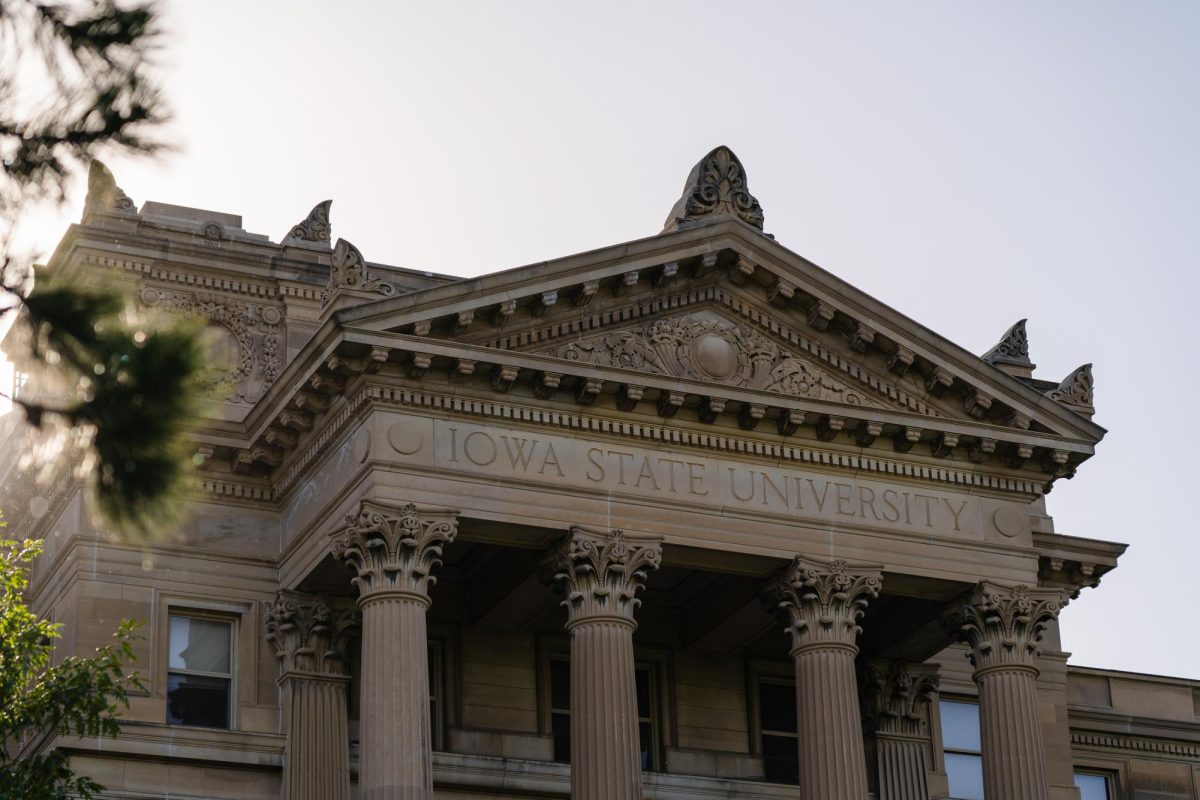COLUMN: Public education can’t be measured with tests
January 27, 2004
The results have arrived. Iowa Department of Education officials issued a warning last week to 50 public school districts and 145 schools indicating they’re not making the grade. To everyone involved in public education in Iowa, to teachers who work long hours both in and outside the classroom without enough compensation, to students who are expected to give it their all, how does it feel to be blackballed by state education officials who are enforcing the No Child Left Behind Act implemented by President Bush?
No Child Left Behind is the elementary and secondary education act of 2001 that mandates 100 percent of all students to meet minimum proficiency standards in reading and math by 2014. It places new pressure on states and local school districts to improve students’ academic performance and close the gap between different school groups.
You’d be hard pressed to find anybody involved or employed in public education who would speak favorably about NCLB.
In theory, Bush’s idea that public schools should be held accountable to student achievement sounded terrific, but educators throughout Iowa knew it wouldn’t translate to classroom success as defined by NCLB. A year later, results are exactly as predicted. Either this is Bush’s attempt at proving himself right about the woeful state of public education, or public educators have proven themselves right on predicting less than stellar results.
NCLB requires that all students, including those still struggling with English language skills, take standardized tests at the same time, no matter how long they’ve been in school. How can an ESL student who cannot yet read or write in English be expected to take a test they are unable to read? The state thus interprets the low scores as failure of the schools to improve test scores.
According the Ames Tribune, Northwood Elementary is “on the list” for failure to have enough students considered English language learners participating in the skills test during the 2002-03 school year.
Avon Crawford, coordinator for the literacy and professional development for K-12 in the Des Moines school district, will tell you it’s totally unfair. Although she applauds any attempt to improve public education, she has takes issue with two aspects of NCLB. “It should have been implemented with adequate funding, and it’s a punitive approach.”
Put another way, smaller schools with a limited amount of resources are expected to maintain the same standards as larger, wealthier schools with more resources, and when the struggling schools fail, what little money they may have is taken away as punishment. It’s the “kick ’em while they’re down” approach of enforcement. Crawford believes that positive reinforcement by way of rewarding students and teachers for “making the grade” would be more effective.
Another underlying assumption of NCLB is that scientific research has proven which method, curriculum or program will serve as the “perfect” solution to equip public educators in meeting student needs. Supporters of NCLB claim that the research takes the guesswork out of what works, according to an article by Lesley Dahlkemper, president of Denver-based Gracie Communications, Inc., a firm specializing in K-12 education writing, communications strategy and project management.
Can randomized, controlled studies really be conducted in an environment as dynamic as a public education setting? More research in public education is obviously needed, but theory doesn’t always translate neatly into the reality of a classroom. That’s when teaching becomes an art rather a contrived formula constructed by a researcher who might not necessarily have had any classroom experience themselves.
Unfortunately, it’s unlikely that any amount of public educator protest will persuade lawmakers to scrap it, according to Crawford. Although the Democratic presidential candidates still believe it’s a good idea, at least they would be willing to fund it.
The good news, says Crawford, is that with funding available through other sources and regular professional development requirements, NCLB is “doable.”






